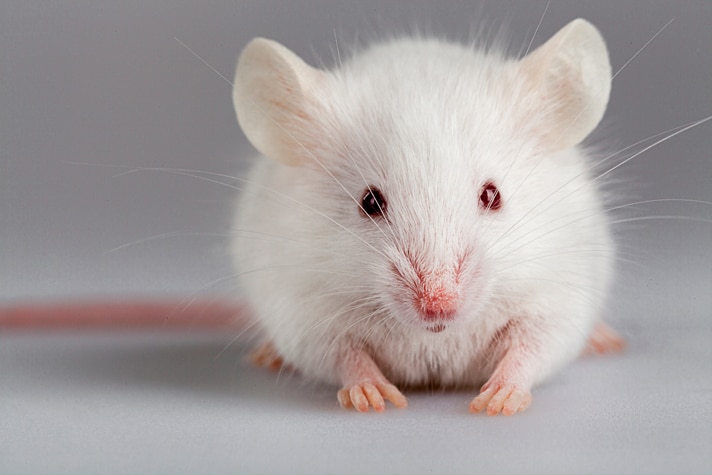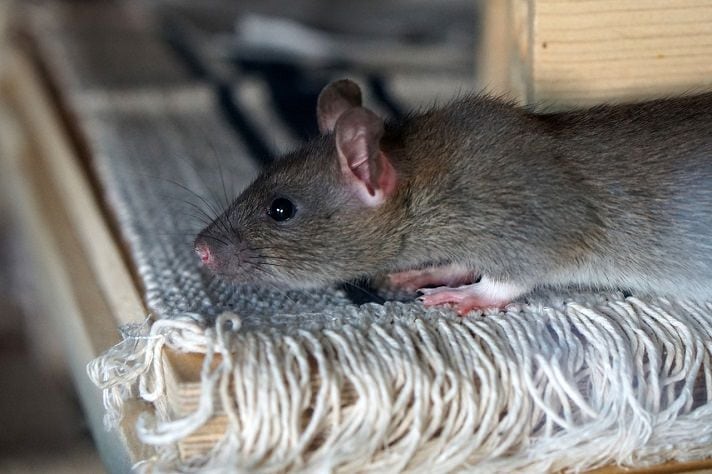Q:
Just yesterday I noticed my little mouse Lucille spinning in circles. She gets around the cage fine, and I have seen her eat and drink water, she just keeps moving right. Is this that waltzing thing that mice get when something happens to their eardrum or is this more like an infection or a tumor? I recently spoke to someone about it, and they said to get some tetracycline from the fish aisle in the pet store. I have done that, and now I would like to know the proper dosage to be able to give little Lucille if this is an inner ear infection. I can’t afford a vet visit, so I am trying to help her as much as I can. I was told either way, if it was a tumor or not, I wouldn’t know until I ruled out the infection with some antibiotics. She lives with four other mice, two older ones and two that I bought her with. They are all fine. If I put some tetracycline in their drinking water, will it affect the others? Should I separate Lucille and do it that way? I do have a mouth syringe for small animals from a past mouse I had to take to the vet over a year ago. Its measurements go from 0.1ml to1.0 ml.
A:
Because many etiologies can lead to similar signs of disease, it is impossible to decide what is causing the circling you are seeing in your mouse because so many causes look exactly the same. This could be a bacterial infection, a viral infection, a benign tumor, a malignant tumor, a toxin, a genetic disorder or even degenerative disease. And these conditions can be in the middle or inner ear or in the brain.
With so many possible causes, a physical examination is needed to best figure out what part of the anatomy is being affected. Why is this important? If this is an infection in the ear, one class of medication may be useful, whereas if this infection is in the brain, a different class of medication will be effective.
You bring up a great question about antibiotics, specifically tetracycline, which you can purchase over the counter for any animal, even though it is designed to be used for fish. Due to a loophole in regulations, a few antibiotics are available without a prescription. It is dangerous to use these medications on our small mammals. Tetracyclines can cause gastrointestinal disruptions. And if you use it incorrectly — too much, too little, stop too soon, use it too long — you can contribute to bacteria that become resistant to this and other antibiotics. This is a serious problem in both animal and human medicine. Tetracyclines are a poor choice for most infections in pet mammals, so it is never a good idea to use this medicine, even if you can get it without a prescription.
By: Dr. Karen Rosenthal
Featured Image: Via tiripero/iStock/Thinkstock
Share:









